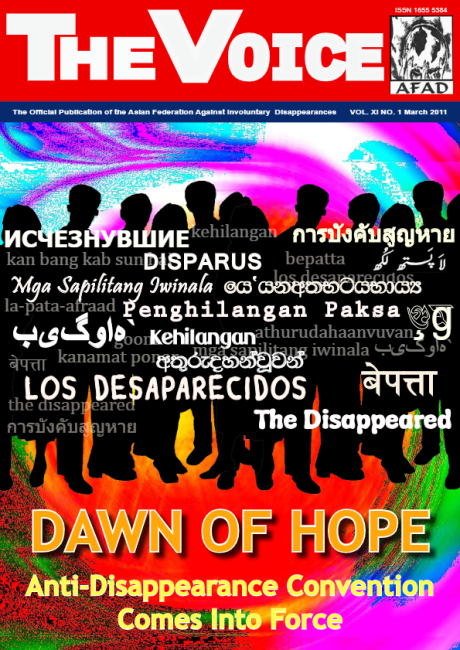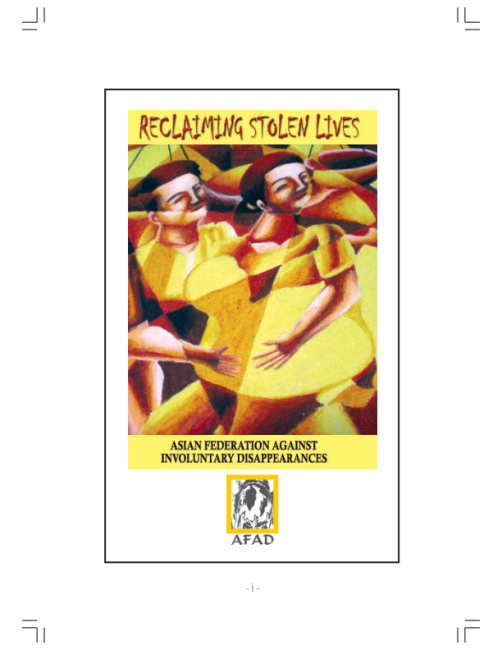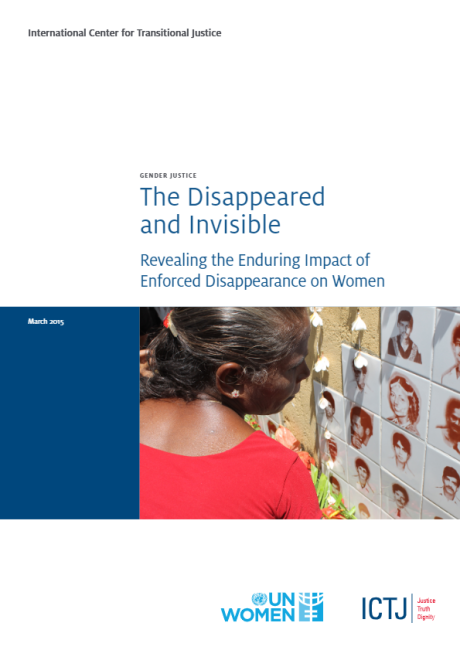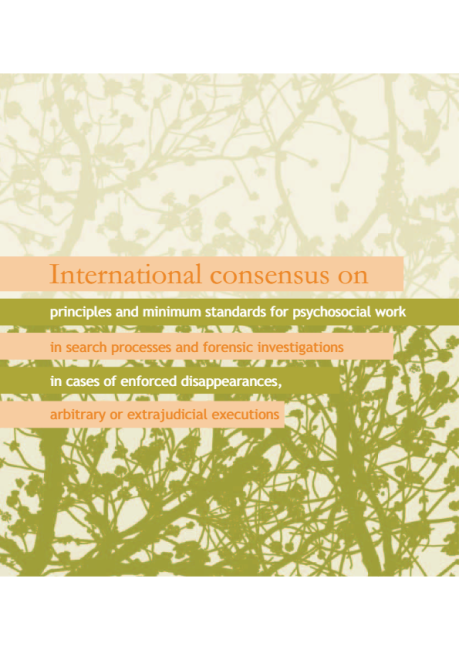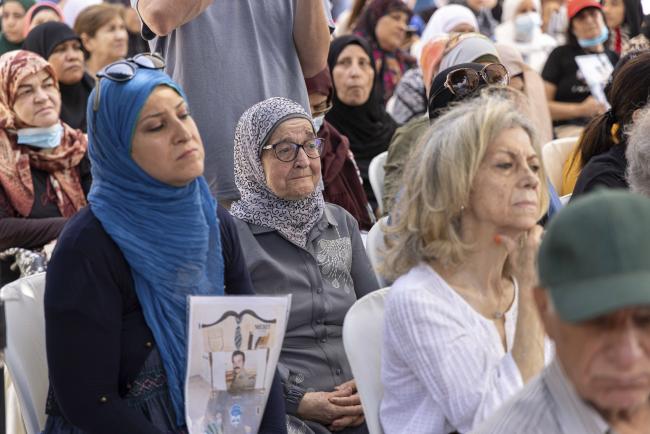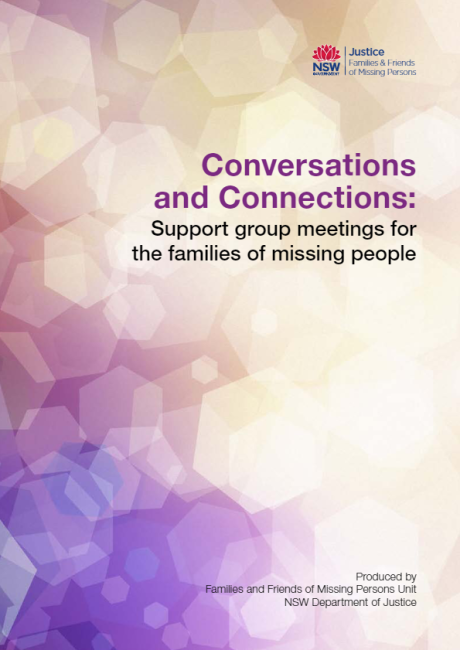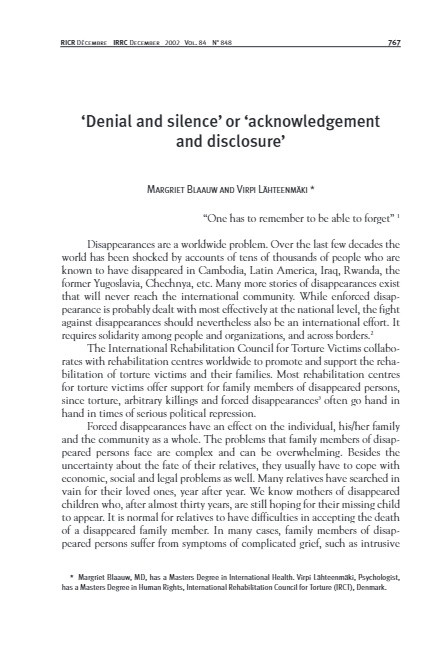
‘Denial and silence’ or ‘acknowledgement and disclosure’
This paper addresses the problems family members of forced disappeared persons may encounter. Forced disappearances are surrounded by fear and silence. Feelings of hope, the lack of an official disclosure, and economic, social and legal problems may all complicate the daily lives of those searching for their relatives year after year. Farewell ceremonies and death rituals have the important function of recognising the life and achievements of a deceased person. Since the whereabouts of disappeared persons are not known, a farewell ceremony is normally not performed for them. It is important for the persons giving support to relatives of disappeared persons to recognise differences in mourning and death rituals. Normal signs of bereavement can mislead a clinician who is not aware of these cultural differences. The article describes how the complex circumstances that family members of disappeared have to face may lead to complicated grief. Family members of forced disappeared persons are in principle entitled to reparation. However, for most of them this is not a reality. Pursuing reparation is associated with many difficulties. There is a need for a comprehensive understanding of the complex problem of disappearances in order to properly assist family members of missing persons.


